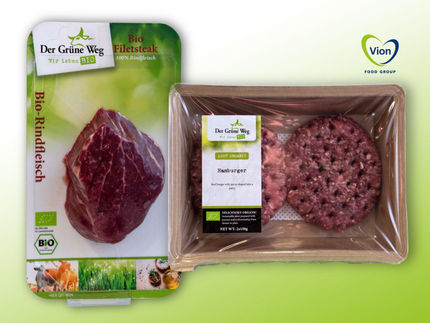Enormous ecological potential of a bottle-to-bottle cycle for non-refillable PET bottles in Germany
Advertisement
90 percent less new plastic and 60,000 tons less CO2 per year: What would happen if PET bottles became PET bottles again? In a recent study commissioned by Coca-Cola Europacific Partners Germany, the Institute for Energy and Environmental Research (ifeu), in cooperation with the Society for Packaging Market Research (GVM), investigated how high the ecological potential of a bottle-to-bottle cycle would be in Germany.
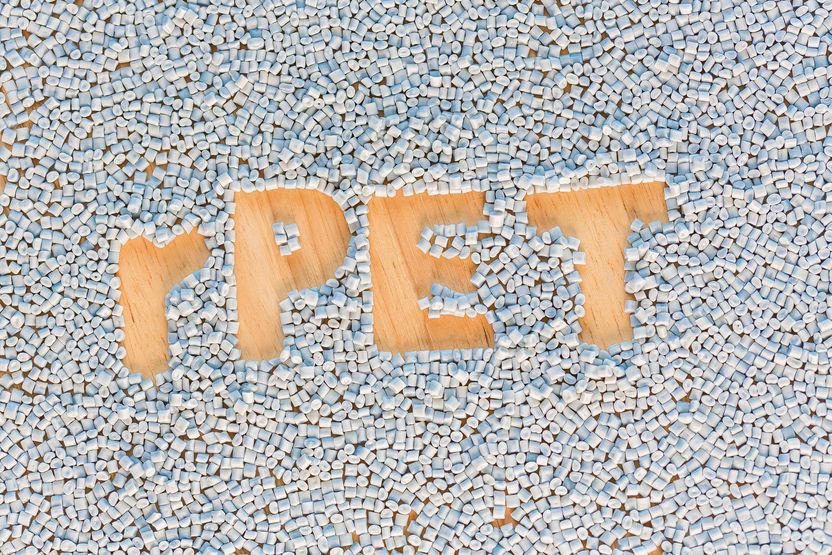
Coca Cola
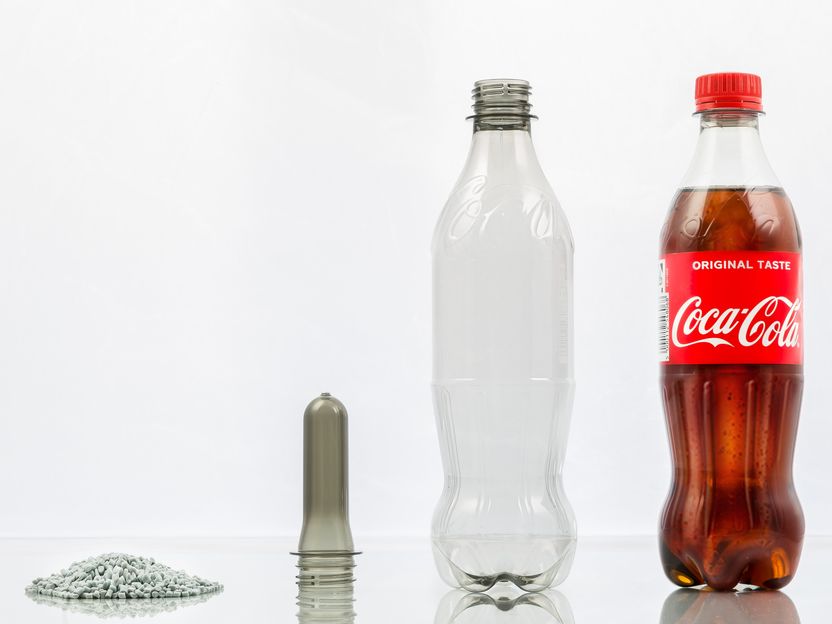
Coca Cola
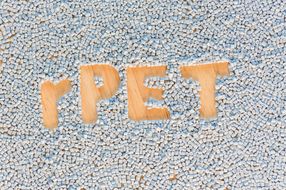
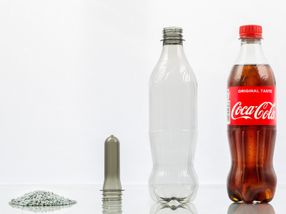
97 percent of non-refillable PET bottles in Germany are returned via the deposit system. Currently, most of the high-quality food-grade PET material ends up in downcycling - it is used for packaging of cleaning agents, cosmetics or textiles. This means it is lost for use in beverage bottles due to the strict legal requirements. Savings effects for virgin PET material and the associated CO2 reductions cannot be realized.
The results of a recent study on the ecological potential of a bottle-to-bottle cycle in Germany are impressive. Read for yourself in the attached press release.
Note: This article has been translated using a computer system without human intervention. LUMITOS offers these automatic translations to present a wider range of current news. Since this article has been translated with automatic translation, it is possible that it contains errors in vocabulary, syntax or grammar. The original article in German can be found here.
Most read news
Organizations
Other news from the department business & finance

Get the food & beverage industry in your inbox
By submitting this form you agree that LUMITOS AG will send you the newsletter(s) selected above by email. Your data will not be passed on to third parties. Your data will be stored and processed in accordance with our data protection regulations. LUMITOS may contact you by email for the purpose of advertising or market and opinion surveys. You can revoke your consent at any time without giving reasons to LUMITOS AG, Ernst-Augustin-Str. 2, 12489 Berlin, Germany or by e-mail at revoke@lumitos.com with effect for the future. In addition, each email contains a link to unsubscribe from the corresponding newsletter.



